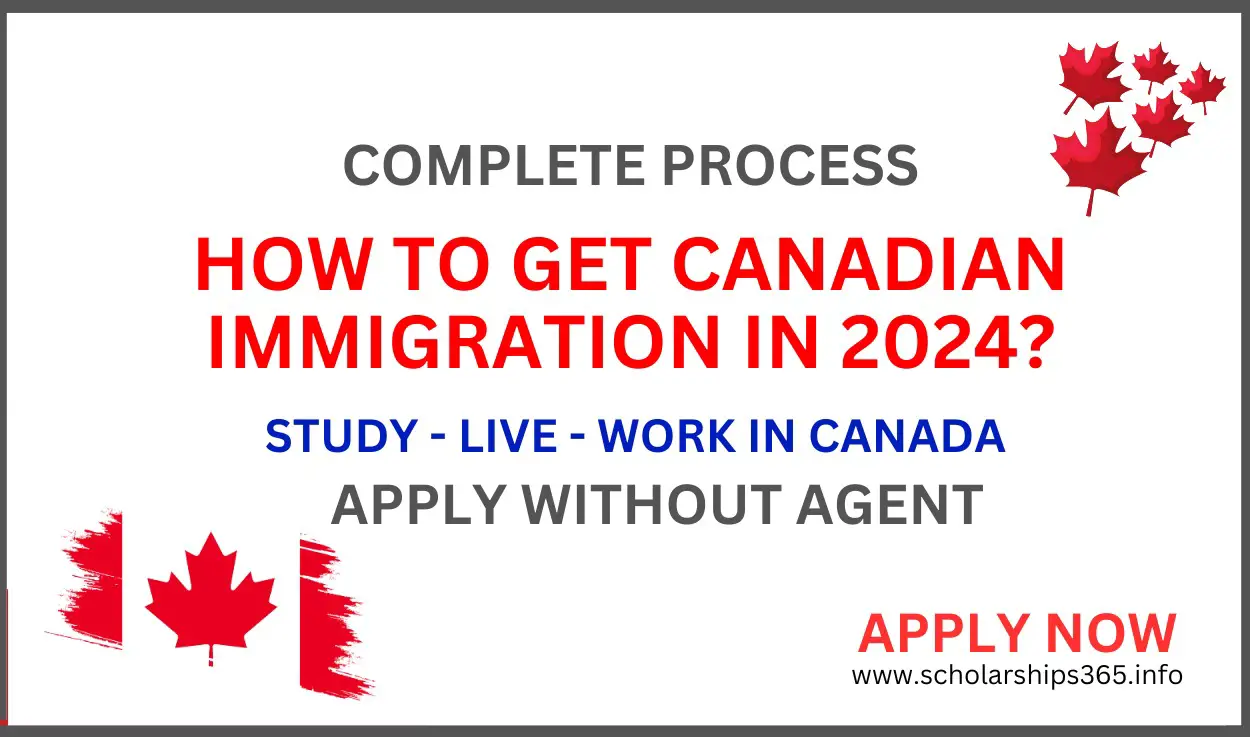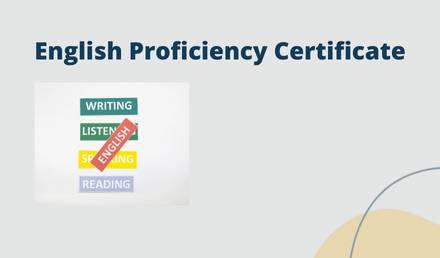
Want to Immigrate to Canada? Canadian immigration has been a dream for many. Canada is known for it is welcoming nature and diverse population. It has been a dream destination for individuals looking to start a new life. The Canadian immigration system offers various opportunities but it also comes with its fair share of challenges.
Read - Free Study in Canada | Work in Canada | Canada Scholarship
How do you get Canadian immigration? Live and Work in Canada?
Canadian Immigration History
The first inhabitants of Canada Indigenous peoples have lived on this land for thousands of years. They have distinct cultures languages and traditions. Despite facing colonization and marginalization Indigenous communities continue to contribute to Canada's success. European exploration and colonization in the 16th century laid the groundwork for Canada's multicultural society. French and British settlers established colonies shaping the cultural and linguistic landscape of Canada. The 19th and early 20th centuries witnessed mass immigration to Canada.
Immigration is driven by factors such as economic opportunity political instability and religious persecution. Waves of immigrants from Europe Asia and other parts of the world arrived in search of a better life. Following World War II Canada implemented policies to attract skilled workers to rebuild the economy. Programs like the Canadian Citizenship Act of 1947 and the Immigration Act of 1952 facilitated the immigration of professional entrepreneurs and refugees. In 1971 Canada officially adopted multiculturalism as a policy. This policy has shaped Canada's identity as a multicultural nation and has influenced its approach to immigration.
The Canadian Immigration System Today
Today, Canada's immigration system is a framework designed to welcome newcomers. These newcomers will contribute to the country's economic social and cultural development.
Express Entry System:
The express entry system was Introduced in 2015. The Express Entry system for 2024 manages the applications for three federal immigration programs the Federal Skilled Worker Program 2024 the Federal Skilled Trades Program 2024 and the Canadian Experience Class 2024.
Provincial Nominee Programs (PNPs):
Provinces and territories in Canada have their immigration programs to address specific labor market needs and demographic needs. PNPs 2024 allows provinces to nominate individuals who meet their criteria for permanent residency.
Family Sponsorship:
Canadian citizens and permanent residents can sponsor their family members for immigration to Canada 2024 including spouses partners children parents and grandparents. Family reunification for 2024 is a key pillar of Canada's immigration policy.
Refugee Protection:
Canada is committed to protecting refugees fleeing persecution conflict and human rights abuses. The Refugee Protection Program and private sponsorship initiatives support and assist refugees resettling in Canada.
Here is the list of the following Immigration programs open to apply for Canadian immigration.
- Express Entry for 2024.
- Quebec selected skilled workers for 2024.
- Start-up Visa for 2024.
- Self-employed for 2024.
- Temporary resident to the permanent resident pathway for 2024.
- Refugee for 2024.
- Family sponsorship for 2024.
- Atlantic Immigration Program for 2024.
- Rural and Northern Immigration Pilot for 2024.
- Permanent residence pathways for Hong Kong residents for 2024.
- Francophone immigration for 2024.
- Provincial nominees for 2024.
- Caregivers for 2024.
- Immediate or extended family or defacto dependent of a resettled Yazidi or survivor of Daesh for 2024.
- Agri-food Pilot for 2024.
- Economic Mobility Pathways Pilot for 2024.
Opportunities for Immigrants in Canada
Canada's strong and diverse economy offers immigrants opportunities for career advancement and financial stability. Skilled workers in fields such as information technology healthcare engineering and finance are in high demand. Canada has universal healthcare quality education and social services. Immigrants can enjoy a high standard of living and a safe inclusive environment for themselves and their families.
Canada's commitment to multiculturalism creates a welcoming environment for immigrants. New immigrants maintain their cultural identity while integrating into Canadian society. Communities across Canada celebrate diversity through festivals events and cultural activities. Canada is home to world-renowned universities. They have research institutions offering opportunities for immigrants to pursue higher education and engage in cutting-edge research and innovation.
Challenges and Considerations for Immigrants in Canada
The Canadian immigration system can be complex and overwhelming. Especially for newcomers unfamiliar with the process. Understanding eligibility criteria completing application forms and gathering required documentation require careful attention to detail. Canada prides itself on its inclusive society. immigrants may face challenges in adapting to a new culture language and way of life. Building social networks finding employment and accessing support services are crucial for successful integration.
While major cities like Toronto Vancouver and Montreal offer abundant job opportunities. They also face challenges such as high living costs and intense competition. Immigrants may need to explore opportunities in smaller cities or rural areas to achieve a better work-life balance. Immigrants with foreign qualifications and work experience may face difficulties in having their credentials recognized in Canada. Accessing credential assessment and recognition services can help immigrants overcome barriers to employment and professional advancement.
The Future of Canadian Immigration
As Canada continues to evolve and adapt to global changes, the future of immigration remains promising. Canada's immigration policy will continue to prioritize diversity. It will keep welcoming newcomers from a wide range of backgrounds and countries. Canada will continue to attract skilled workers entrepreneurs and investors to meet the country's labour market needs.
Canada's aging population and the declining birth rate will influence immigration policies. Canada's immigration focuses on family reunification and attracting younger immigrants to support demographic renewal. Efforts to support immigrant integration and inclusion will be strengthened including language training employment services and community support programs. Canada will remain committed to protecting refugees and displaced persons working with international partners to address global humanitarian challenges.
Read - How to Apply for Australia Student Visa | Complete Process
How to apply for Canadian immigration?
Let's dive into how you can apply for Canadian immigration.
Check If You're Eligible for Canadian Immigration:
First things first make sure you qualify for immigration to Canada. There are different programs you can apply through like Express Entry or Provincial Nominee Programs. These programs have criteria based on things like your age education work experience and language skills. Take some time to see which one fits you best.
Get Your Documents Ready for Canadian Immigration:
Gather all required documents you will need for your application. This includes stuff like your passport educational certificates language test results (like IELTS or CELPIP for English) proof of work experience and any other documents they ask for.
You can also read about - Top 10 Scholarships in Switzerland for International Students
Create an Online Profile for Canadian Immigration:
For some programs like Express Entry, you will need to set up a profile on the Immigration Refugees and Citizenship Canada (IRCC) website. Fill in all the details about yourself honestly and accurately.
Submit Your Application For Canadian Immigration:
If you get an Invitation to Apply (ITA) after creating your profile congratulations. You can now submit your application. Make sure to include all the necessary documents and follow the instructions carefully.
Complete Medical Exams and Security Checks for Canadian Immigration:
As part of the process, you may need to get medical exams to show you are healthy enough to move to Canada. You will also need police clearance certificates from any country you have lived in. These checks are done to make sure everyone moving to Canada is safe and healthy.
Wait for a Decision for Canadian Immigration:
After you have submitted your application. It is time to wait. Processing times can be long so try to be patient.
Receive Confirmation and Move to Canada:
If your application is approved. You will get a Confirmation of Permanent Residence (COPR) and a permanent resident visa. Follow the instructions to finish the process and officially move to Canada.
Settle In and Become a Permanent Resident:
Once you are in Canada. It's time to settle in. Find a place to live. get a job if you need one. start enjoying life in your new home. After meeting residency requirements you can even apply for Canadian citizenship.
,Canada immigration process, Canadian visa requirements, Immigration consultants Canada, Canada PR application, Express Entry Canada, Canadian citizenship requirements, Canada immigration points calculator, Provincial nominee program Canada













